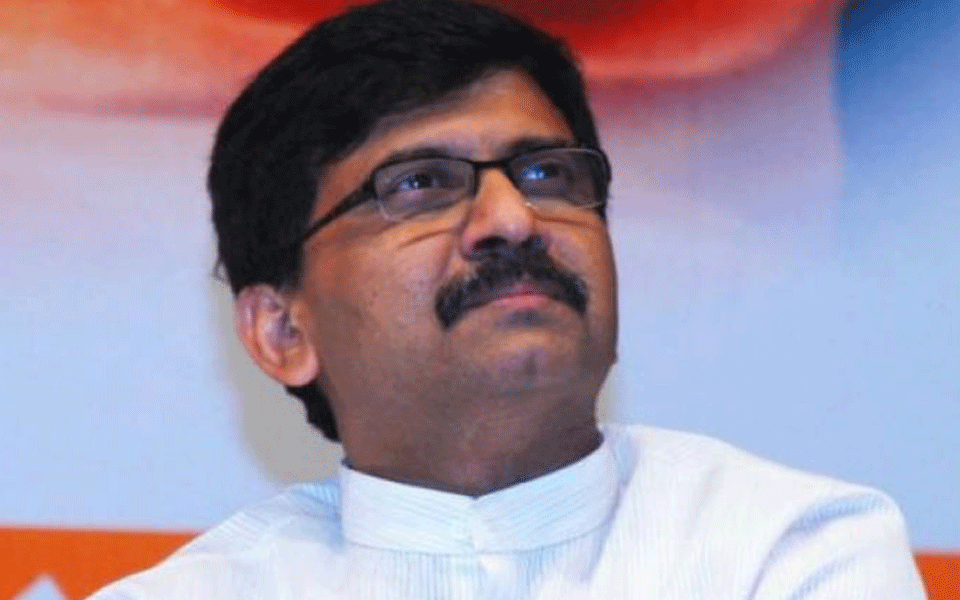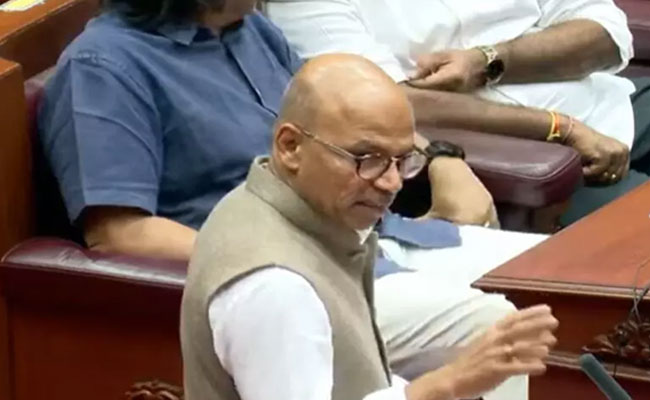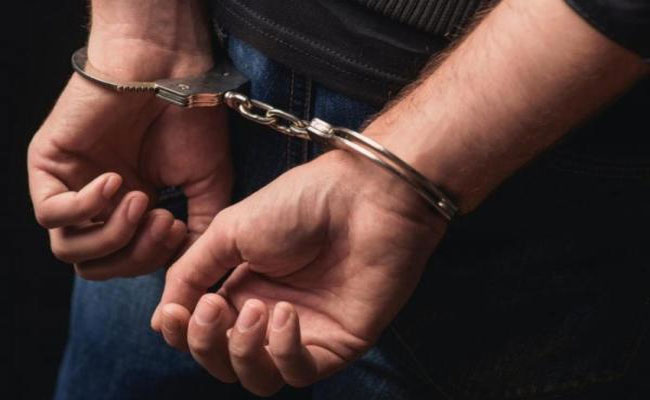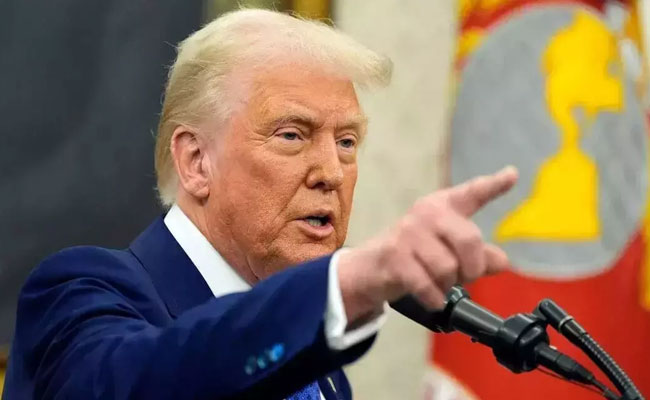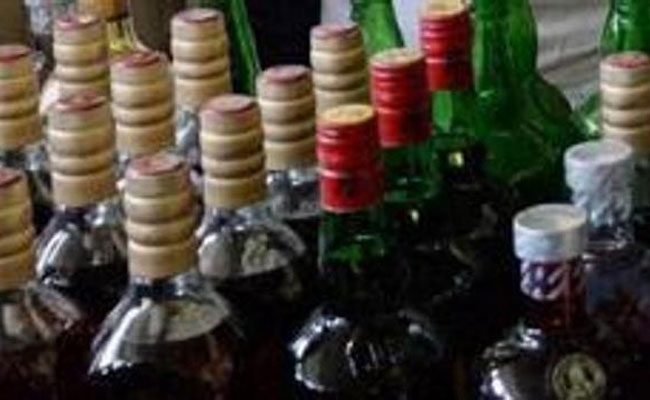Mumbai, August 26: Senior Shiv Sena leader Sanjay Raut on Sunday questioned whether former Prime Minister Atal Bihari Vajpayee died on 16 August or if his death was announced that day to ensure that Prime Minister Narendra Modi's Independence day speech was not disrupted.
Raut, a Rajya Sabha member who is also the editor of the Sena mouthpiece 'Saamna', gave no explanation or reason for questioning the day of Vajpayee's death that was announced by AIIMS, which also gave his time of death on 16 August.
"Rather than our people, our rulers should first understand what is 'swarajya' (self-rule). Vajpayee died on 16 August, but from 12-13 August, his condition was deteriorating. To avoid national mourning and lowering of flag to half-mast on Independence Day, and also (because) Prime Minister Narendra Modi was to make his elaborate speech from the Red Fort, Vajpayee left this world on 16 August (or his death was announced)," Raut said.
The article in Marathi is titled "What is swarajya?".
Though Shiv Sena is an alliance partner of the BJP at the Centre as well as in Maharashtra, it has been taking swipes at the saffron party and Modi.
Raut, in the article, said National Conference leader Farooq Abdullah shouted "Bharat Mata Ki Jai"and "Jai Hind" at a condolence meeting for Vajpayee, and for this reason, he was manhandled in Srinagar.
"And the government shielded the culprits. This new kind of freedom has now emerged," the Sena MP wrote.
"When it is learnt that police have captured terrorists who had planned to carry out attacks in Delhi, it tells you that Independence Day is nearing. This tradition continued this year too. Ten terrorists who wanted to sabotage Independence Day celebrations were arrested. A huge cache of arms was seized. So (afterwards), the prime minister celebrated Independence Day fearlessly," Raut added.
"Prime Minister Modi made several announcements for the poor (in his Independence day speech). The tone of his speech suggested that previous governments did nothing, and so freedom (until now) had been wasted," Raut wrote.
He said though the prime minister says people who take bribes are facing action, bribery has not decreased.
"..It is true that welfare schemes are run on the taxes which honest people pay. It is also true that the prime minister's foreign tours are funded by the same money, and thousands of crores are spent on advertisements from the same money. This is how the new 'swarajya' is functioning," the Sena leader wrote.
Courtesy: www.firstpost.com
Let the Truth be known. If you read VB and like VB, please be a VB Supporter and Help us deliver the Truth to one and all.
Belagavi: Medical Education Minister Dr. Sharanaparakash Rudrappa Patil on Tuesday said the State government plans to establish day-care chemotherapy centres in all district hospitals across Karnataka to make cancer treatment more accessible.
Replying to a question raised by BJP MLC M.P. Kushalappa during the Question Hour in the Legislative Council, the minister said it was not feasible for cancer patients from various districts to travel repeatedly to Kidwai Memorial Institute in Bengaluru. To address this issue, the government is taking steps to establish cancer care centers in other districts in collaboration with the Kidwai Memorial Institute of Oncology.
Providing details of cancer treatment at Kidwai, Dr. Patil said that over the past three years, 41,512 cancer patients have received treatment at the institute. Treatment included surgery, radiation therapy, chemotherapy, or a combination of these, depending on the type and stage of cancer.
Between 2022 and 2024, a total of 12,781 patients underwent surgery, 14,423 patients received radiation therapy, and over 28,370 patients were administered chemotherapy, he said.
The minister further noted that more than 110 patients were provided bone marrow transplants, an otherwise expensive procedure, free of cost at the institute during the same period.
The proposed day-care chemotherapy centers, he said, would significantly reduce the burden on patients and improve access to timely cancer treatment at the district level.

